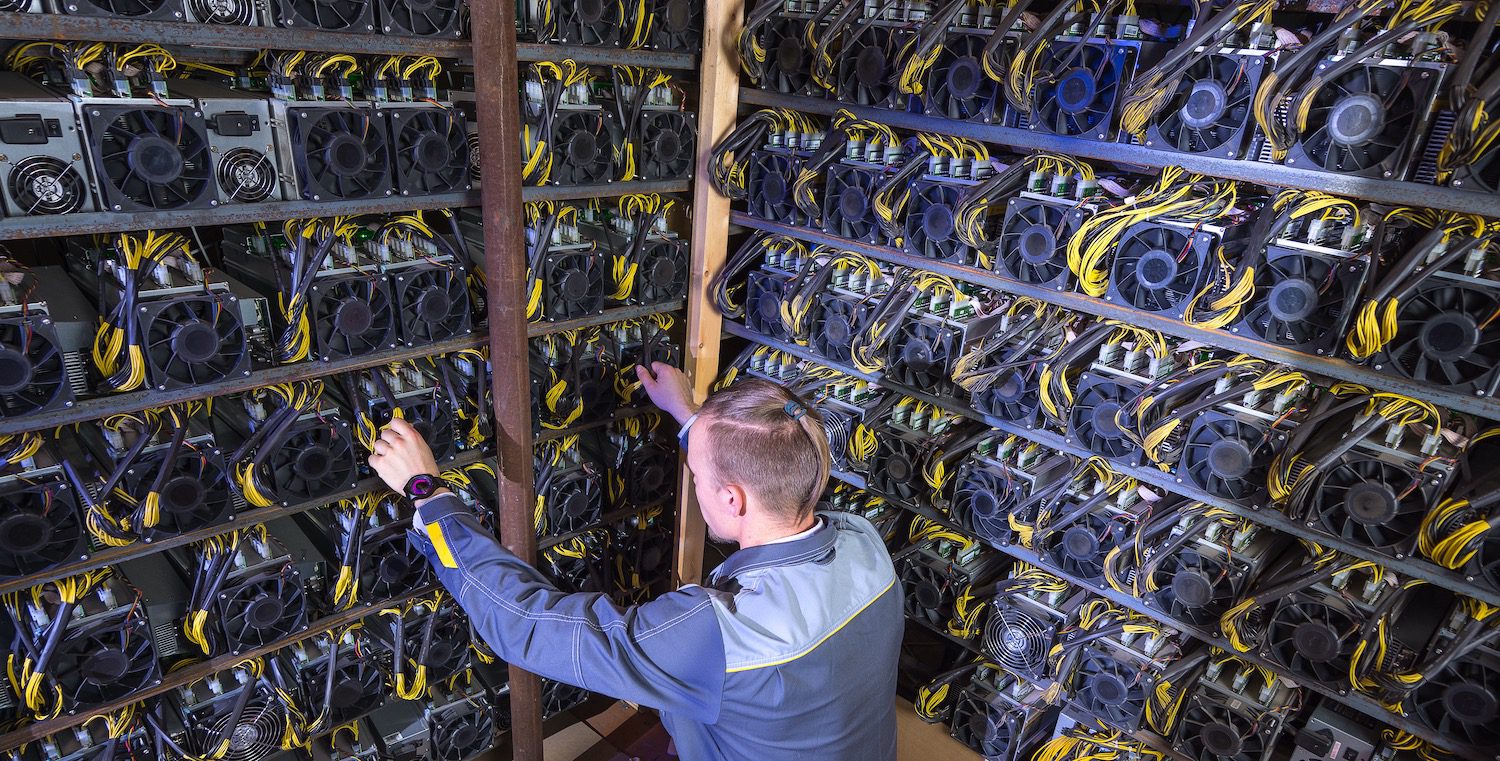
China’s underground mining
In October 2021, China included cryptocurrency mining on its industrial blacklist. This implies that investment, both by Chinese citizens and foreigners, in cryptocurrencies was prohibited. The decision, naturally, affected thousands of inhabitants of the Asian country who had turned mining into their economic livelihood. Now, the activity remains, but only underground.
China banned such mining after expelling mining companies a few months prior creating a hostile climate that, together with the new restrictions, caused the departure of more than twenty companies related to cryptocurrencies, both developers and cryptocurrency exchanges.
However, that has not stopped a sizable number of Chinese miners from continuing their activity underground. The newspaper La Vanguardia explains that “The official estimate from Cambridge University is that there is 0% crypto mining activity in China. CNBC, on the other hand, assures that 20% of bitcoin miners, the most popular cryptocurrency, are found on Chinese soil, despite all the efforts of the Chinese authorities to banish cryptomining . The Chinese cybersecurity company Qihoo360 is going the same way: it estimates that there are 109,000 active IPs that are dedicated to mining cryptocurrencies. It is so because a small part of miners have found a way to stay under China’s radar.”
In short, it seems that cryptocurrency mining is repeating the same thing that has happened, throughout history, with any activity that generates profits despite being prohibited. There is always a way to get around the law and there are those who are willing to take the risks if the reward is worthwhile.
If you wonder how Chinese miners evade the control of the authorities, the Criptonoticias website provides clues: “They have used the redistribution of their equipment in a segregated manner, in order not to arouse suspicions due to significant increases in electricity consumption. Other strategies include locating in remote places where they can use alternative energy sources and mining Bitcoin in pools located in other countries.”
You may also like
Categories
- Android (3)
- Antivirus (1)
- Artificial Intelligence (AI) (20)
- Automobili (6)
- Bitcoins (6)
- Blockchain (8)
- CAREER (18)
- Cloud Computing (15)
- Cybersecurity (28)
- DEVELOPMENT (20)
- Digital Transformation (62)
- EDUCATION (20)
- FINANCE (99)
- HEALTHCARE (98)
- Home Security Systems (2)
- IGAMING (12)
- Internet of Things (IoT) (28)
- Laptops (8)
- NEWS (351)
- Printers (2)
- PRODUCTS (90)
- RETAIL (31)
- Routers (8)
- SECURITY (60)
- Servers (13)
- SERVICE (12)
- Smartwatches (2)
- Storage (2)
- Streaming Devices (13)
- SUSTAINABILITY (56)
